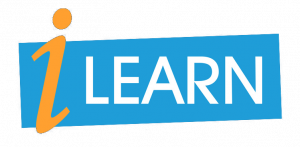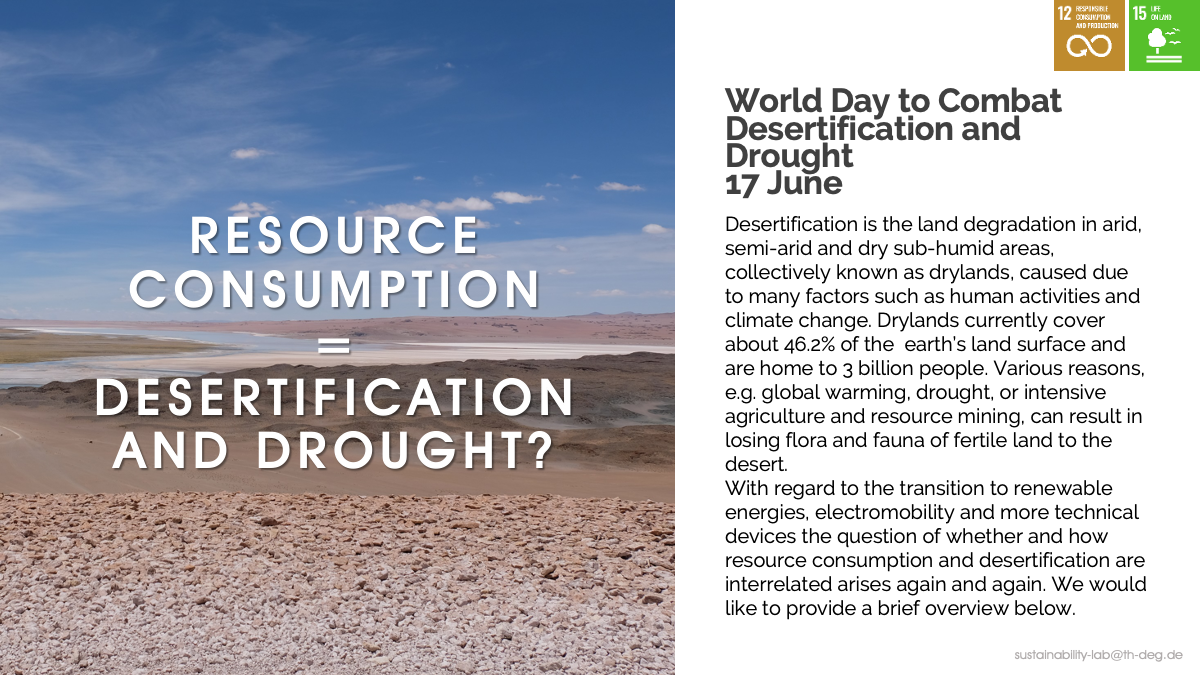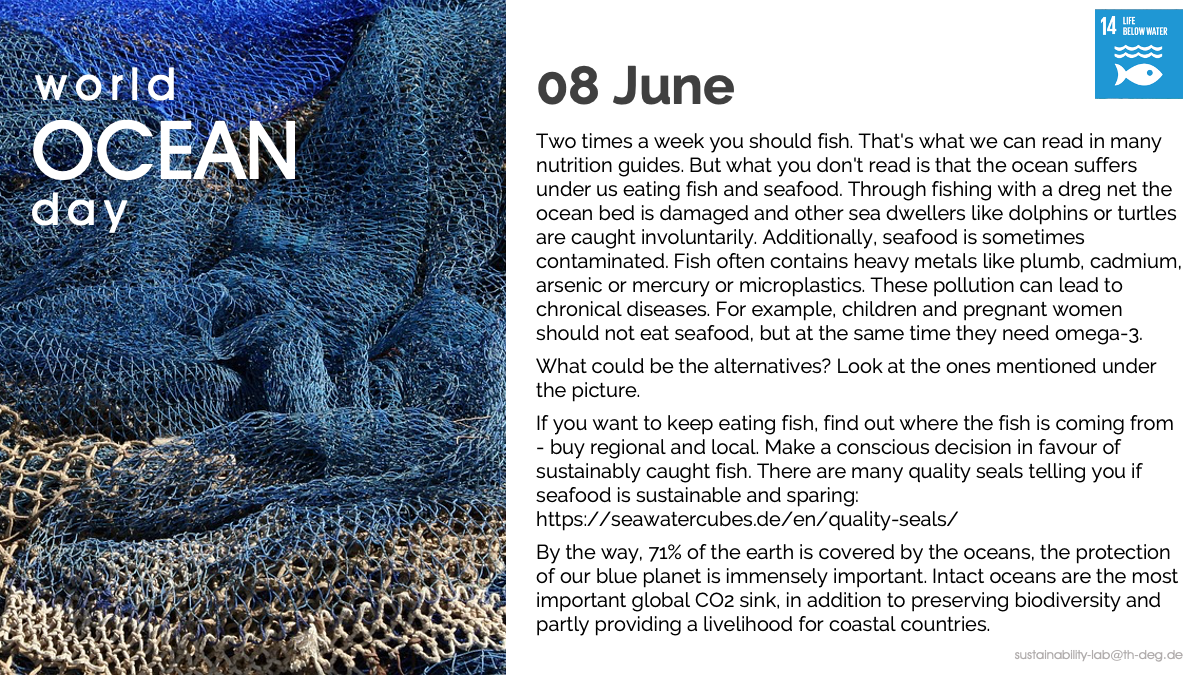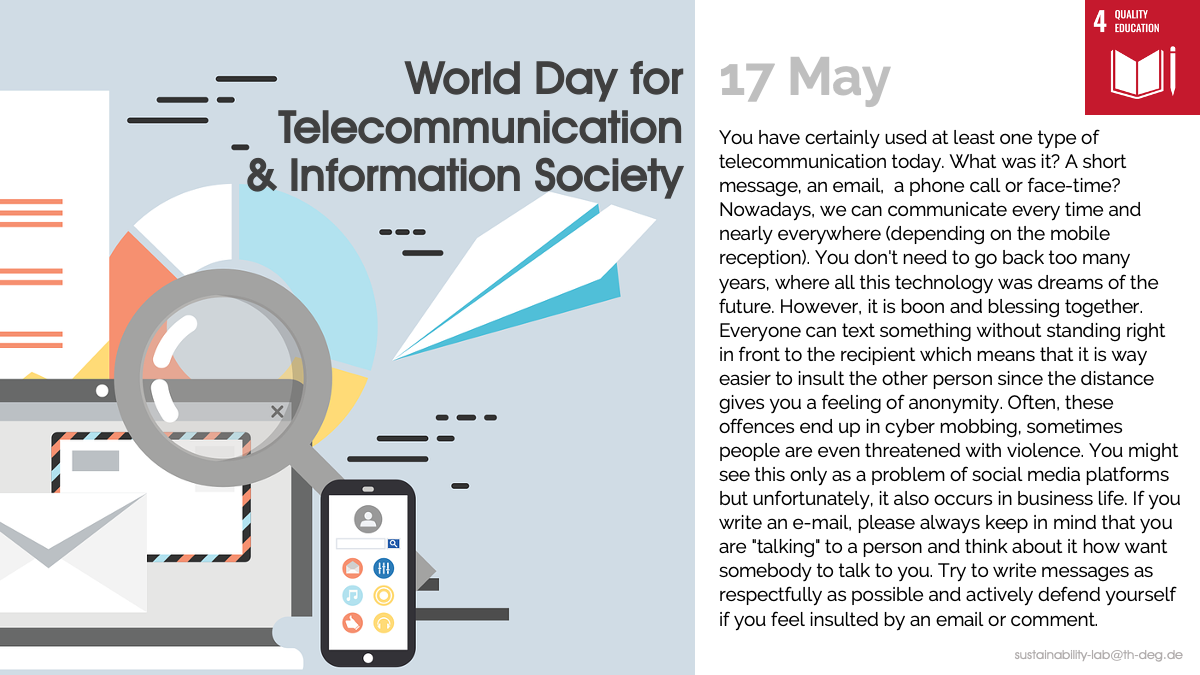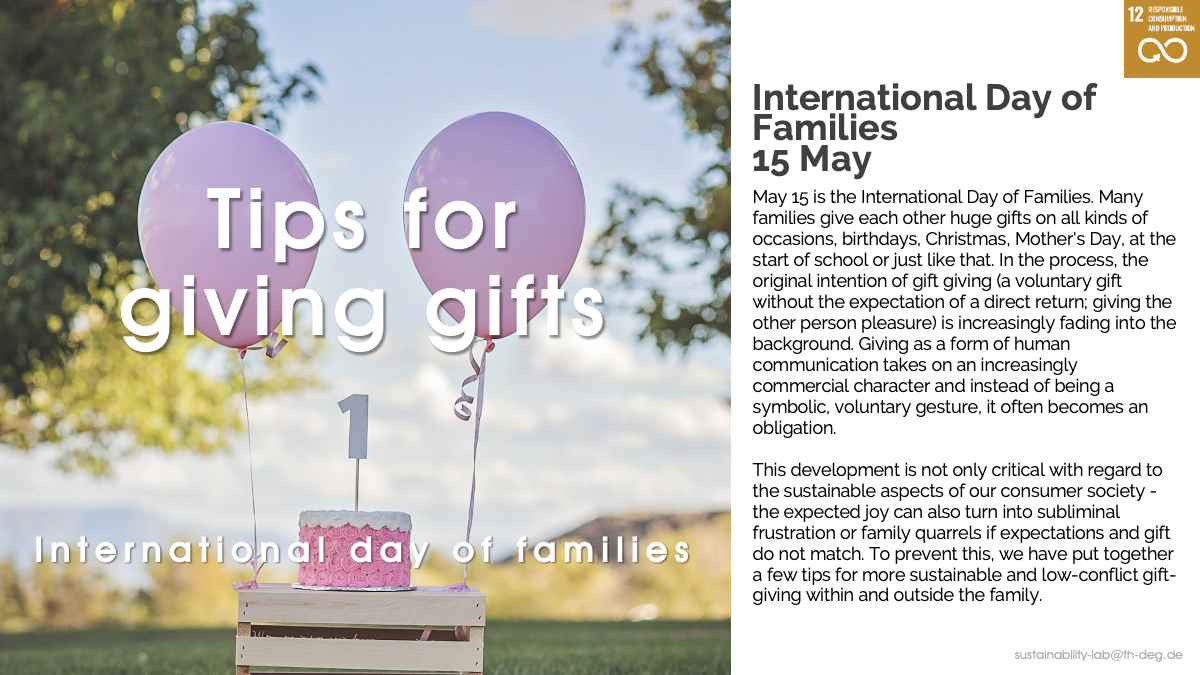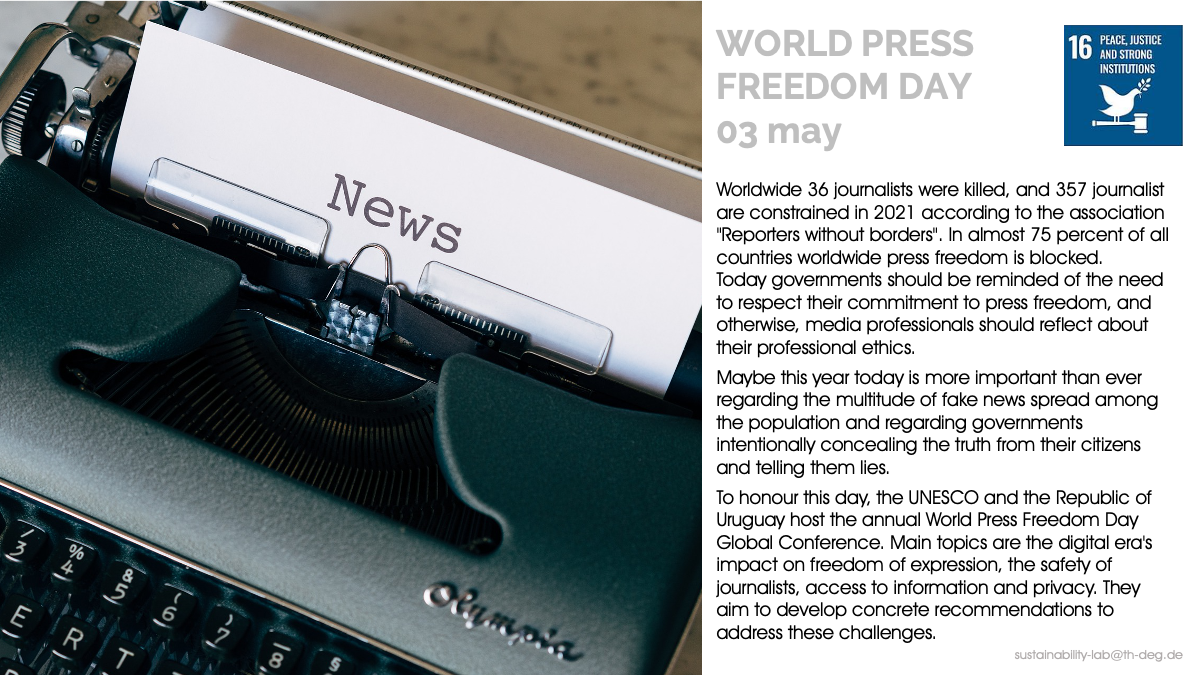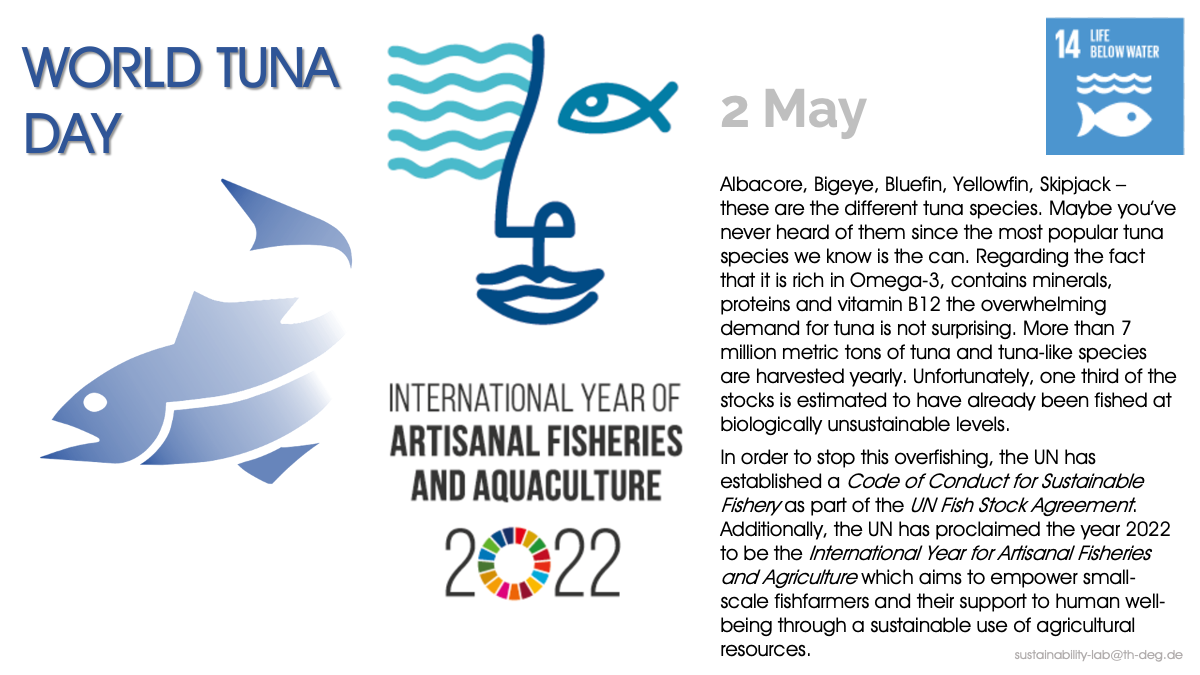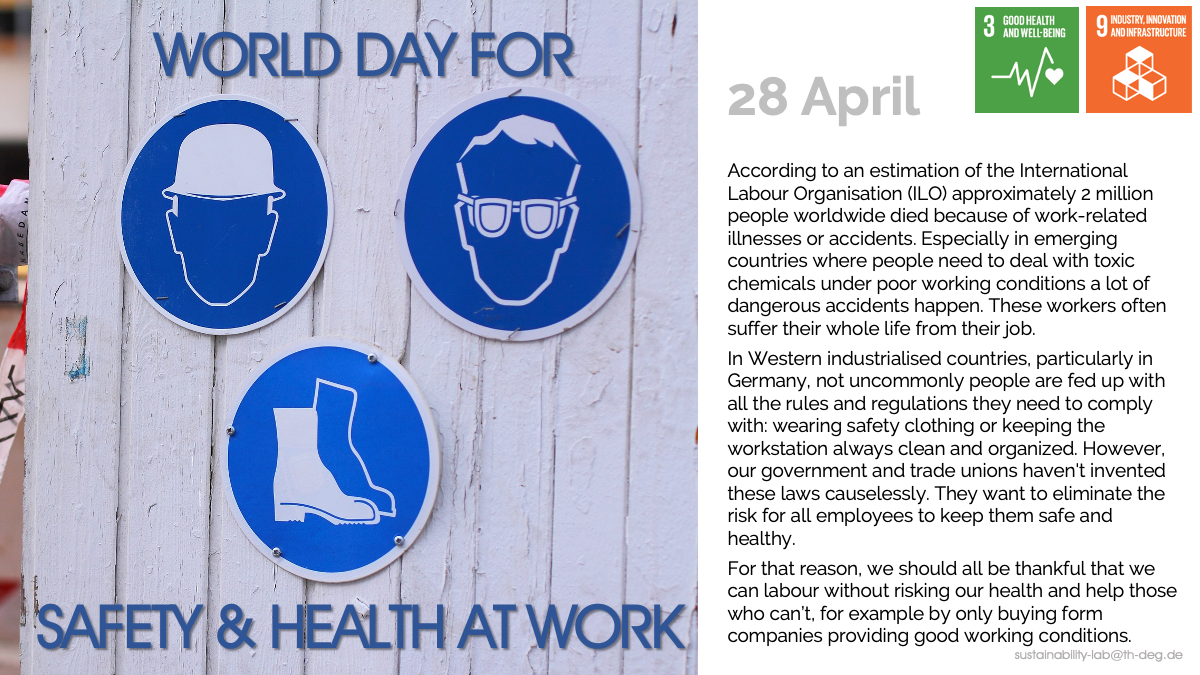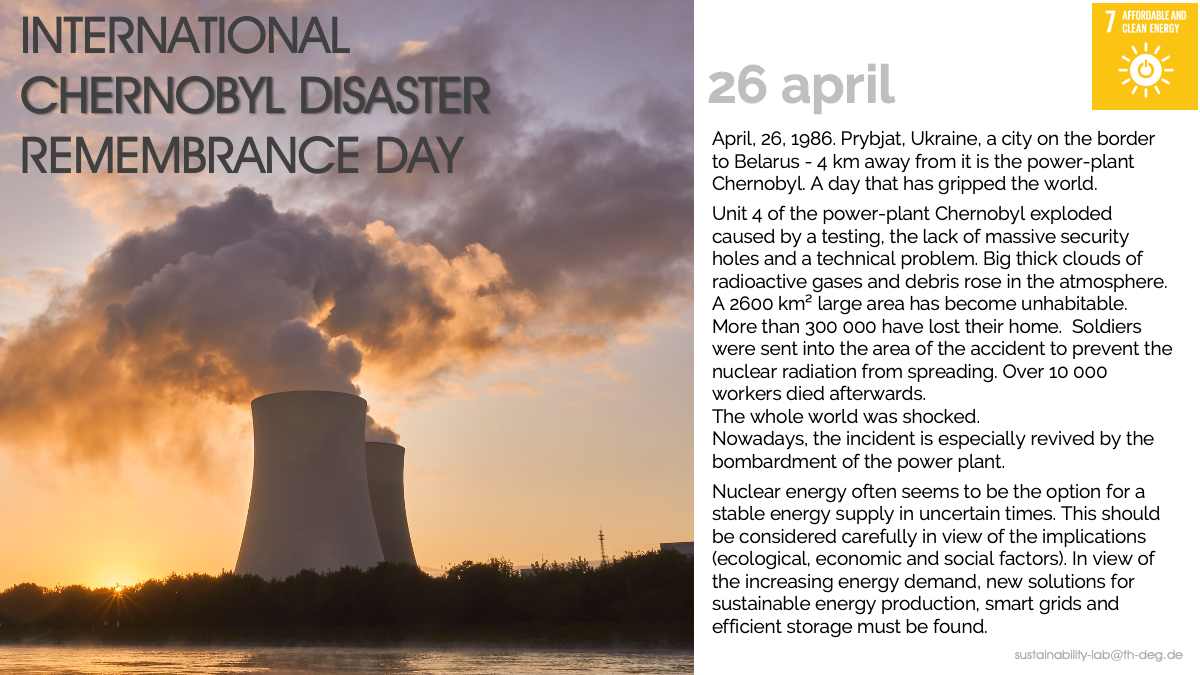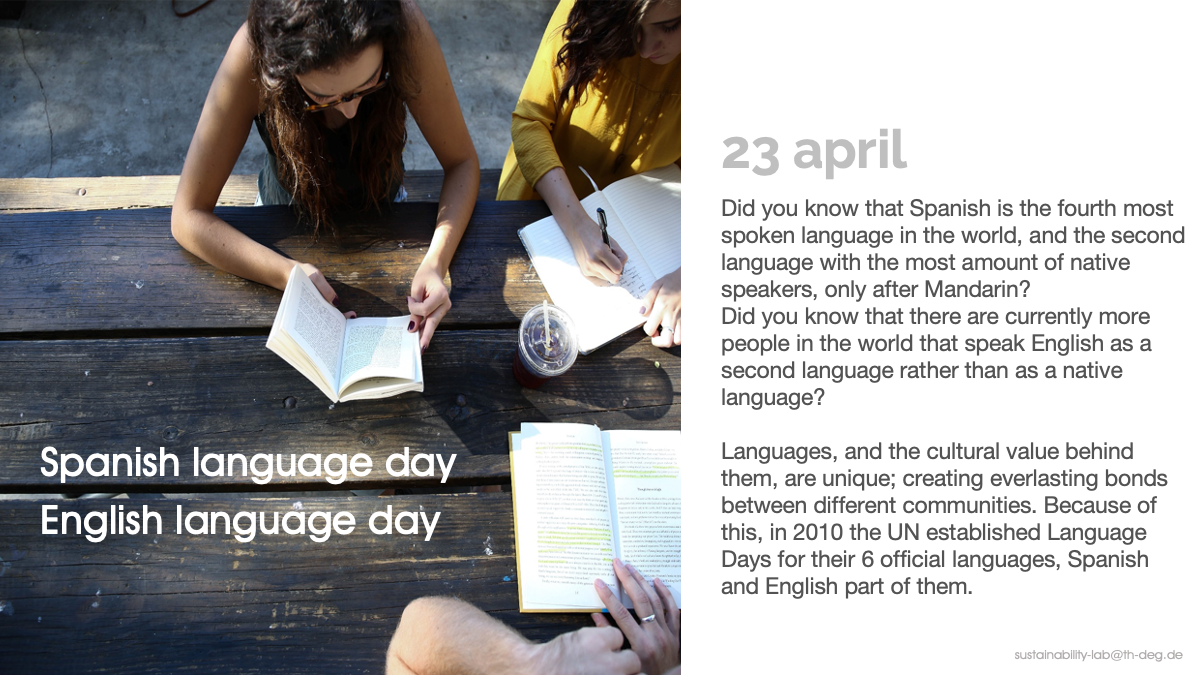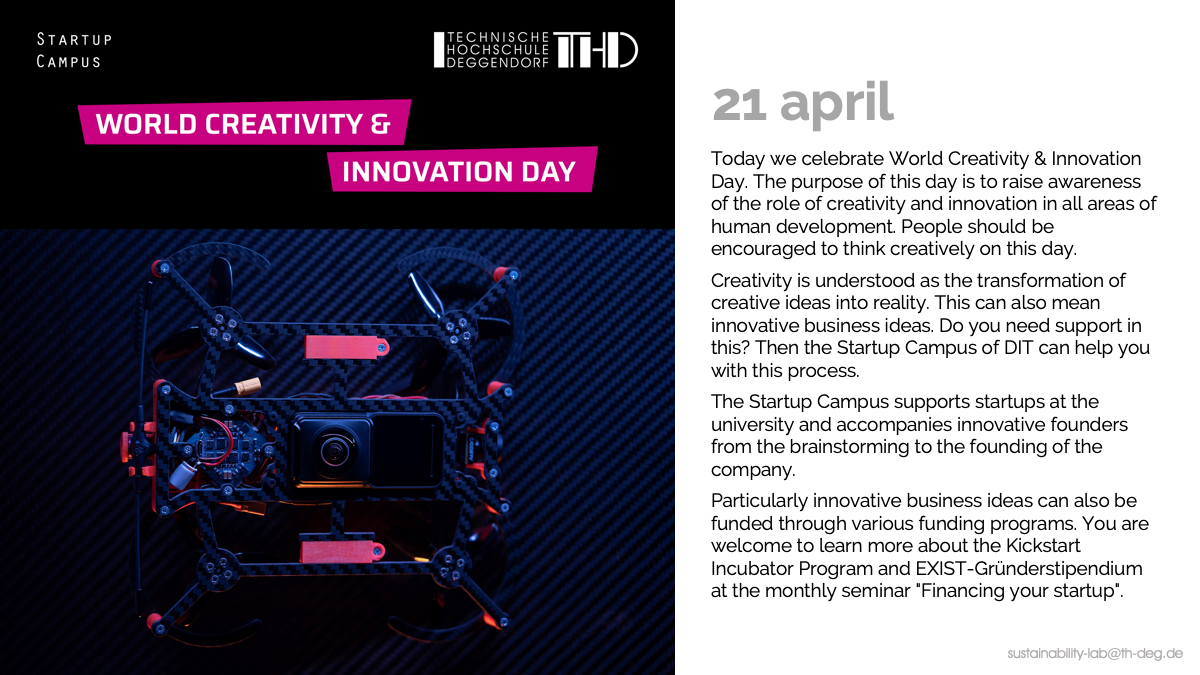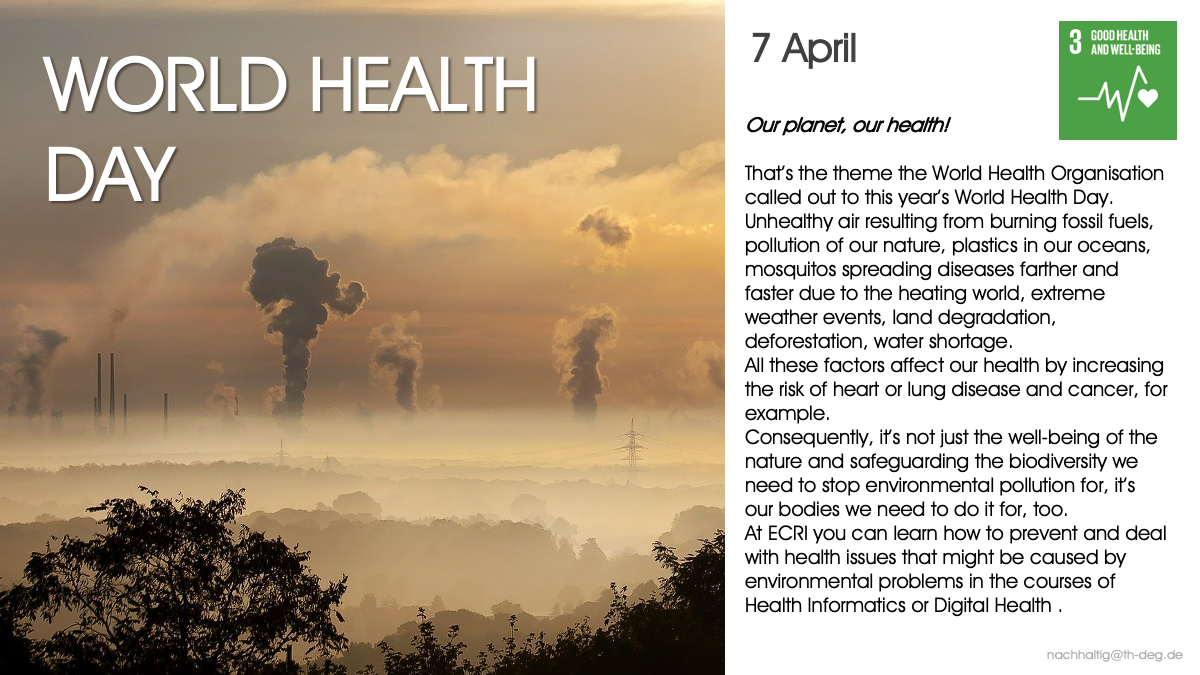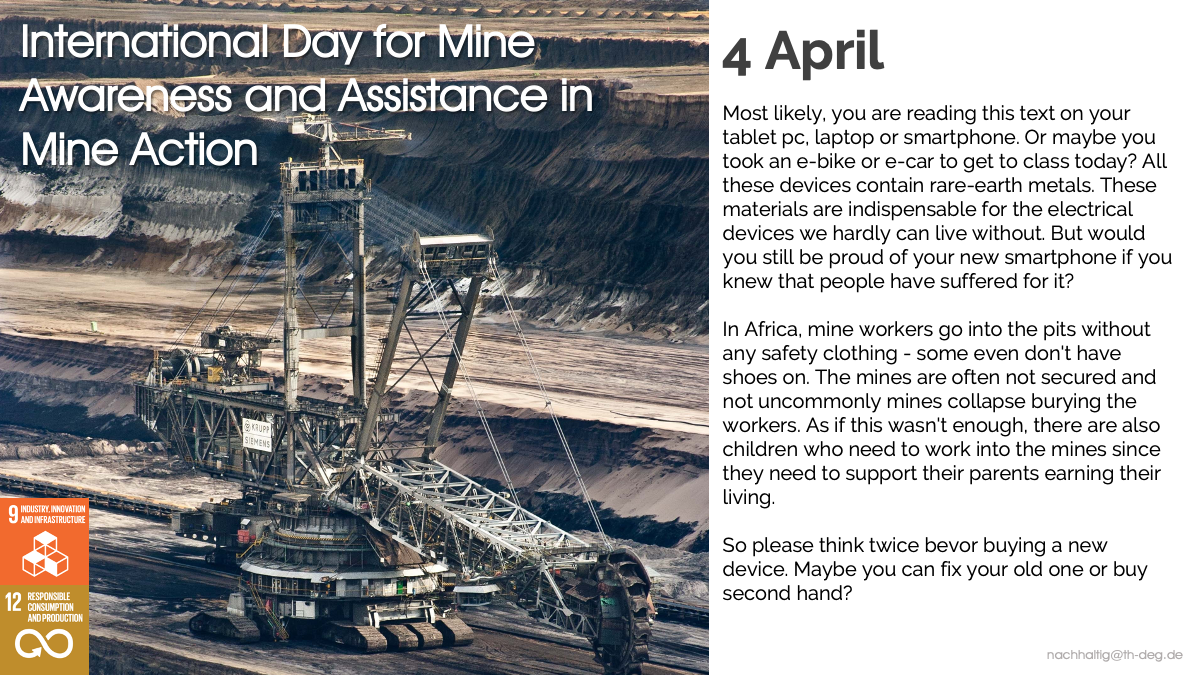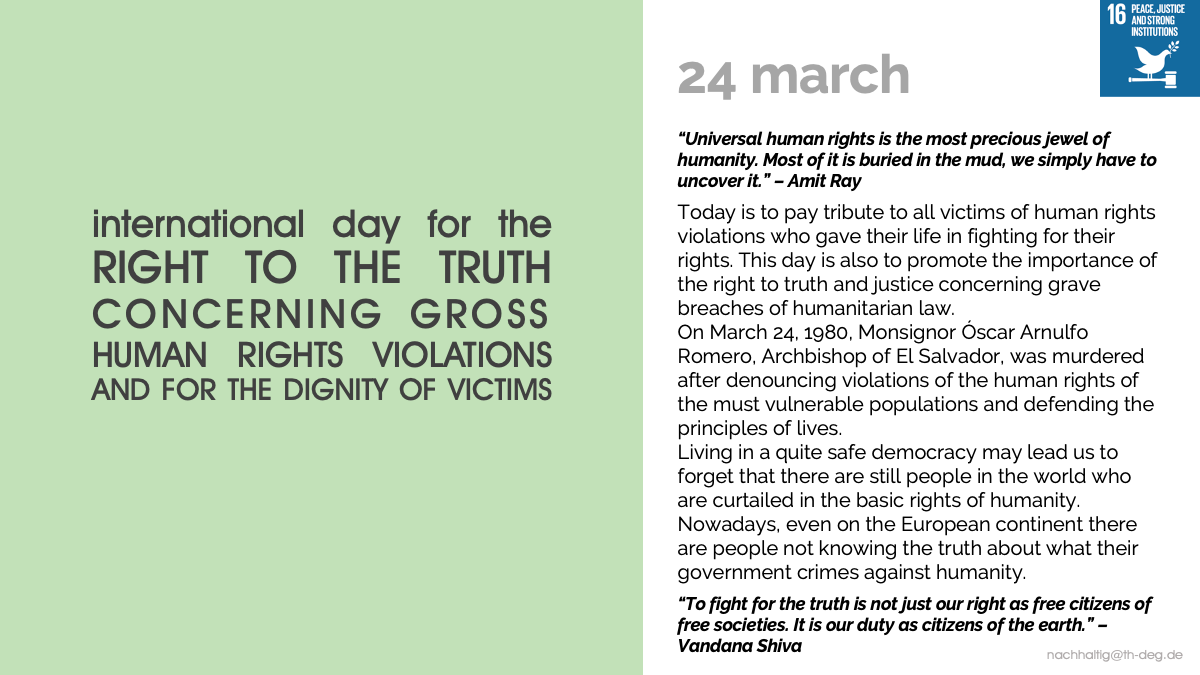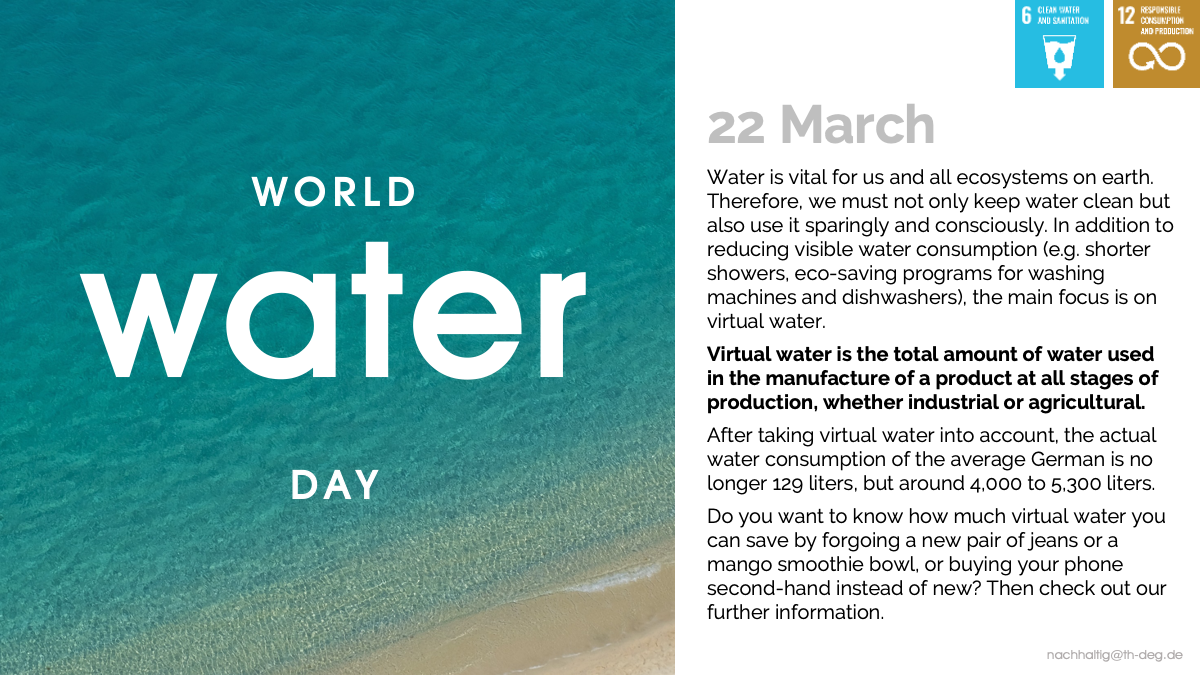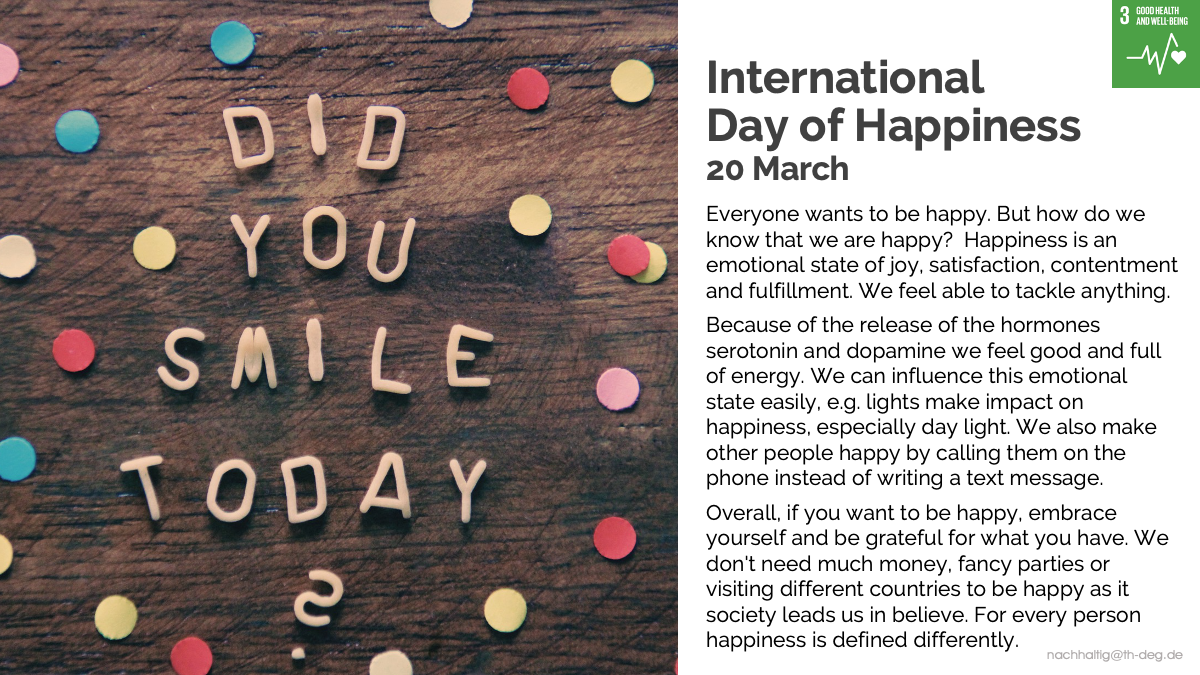The
project results of the joint project WANDEL show that strategies for
transforming the energy system in the context of the energy transition should
not only take into account the reduction of greenhouse gas emissions, but also
water consumption. Water is essential for energy supply, for renewable energy
as well as for coal, gas and nuclear power. In addition to direct energy
production, for example from hydropower plants, this includes cooling power
plants, irrigating energy crops, producing solar cells or extracting raw
materials for batteries or fossil fuels through mining. This leads not only to
conflicts of use but also to overexploitation. Risk and sustainability analyses
show that energy supply is becoming more vulnerable with increasingly frequent
water scarcity and drought under climate change conditions. Especially in arid
regions, water is already a scarce resource and a limiting factor for economic
growth and agricultural production.
Over-intensive
use is a major problem especially in arid areas and in the use of non-renewable
groundwater resources. Impacts of intensive water use due to global resource
consumption can be seen at the Aral Sea and San Pedro de Atacama, among others.
Possible
solutions include coordinated sharing of water resources, which usually also
increases water use efficiency, and a general and permanent reduction in
resource consumption. Because no, there is (almost) nothing that doesn't have a
(virtual) water footprint at all - it's just unfortunate that the impact can't
be seen currently and on our own doorstep.
For
more information on water consumption and virtual water, feel free to check out
our World Water Day post from March 22, 2022.
Impressive
images of how mankind is changing the earth's surface are available from
photographer Tom Hegen, who specializes in aerial photography
projects. Interesting on the topic are for example the series on lithium mining
in the Atacama Desert (https://www.tomhegen.com/collections/the-lithium-series-i), the series on copper mining (https://www.tomhegen.com/collections/the-copper-mine-series-i) or the series on sustainable dry farming in spain (https://www.tomhegen.com/collections/the-spanish-farmland-series).
Further
information
is
available:
